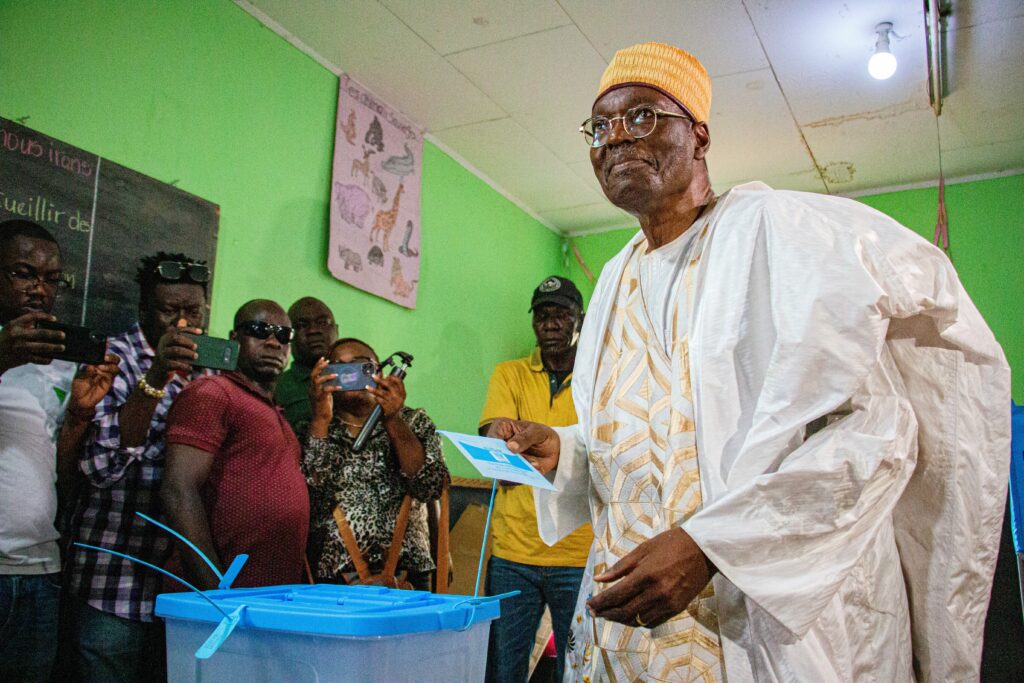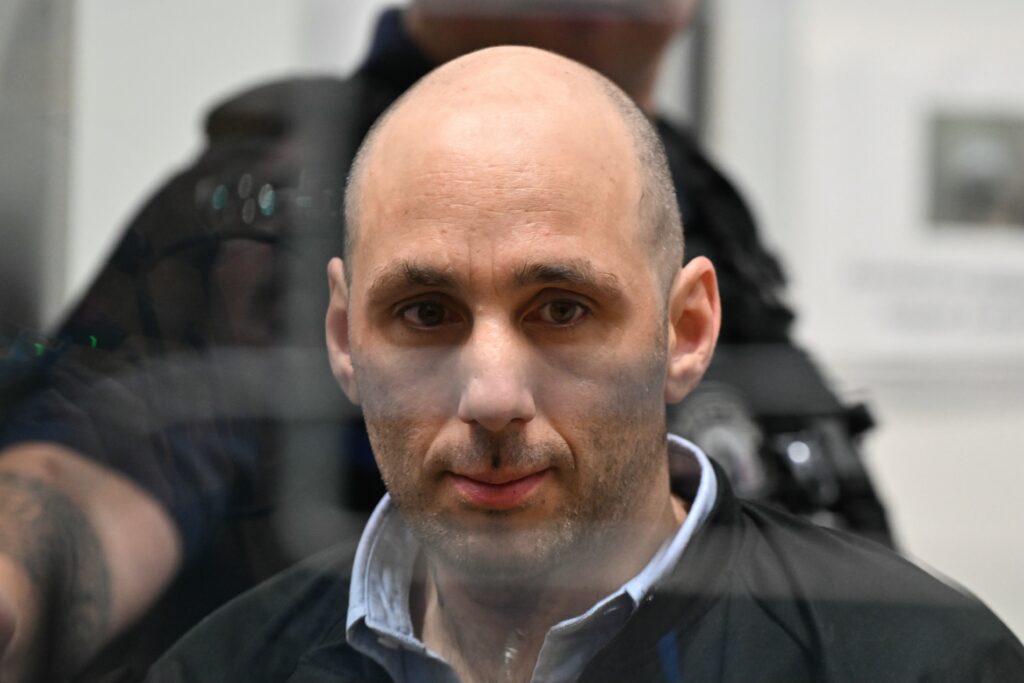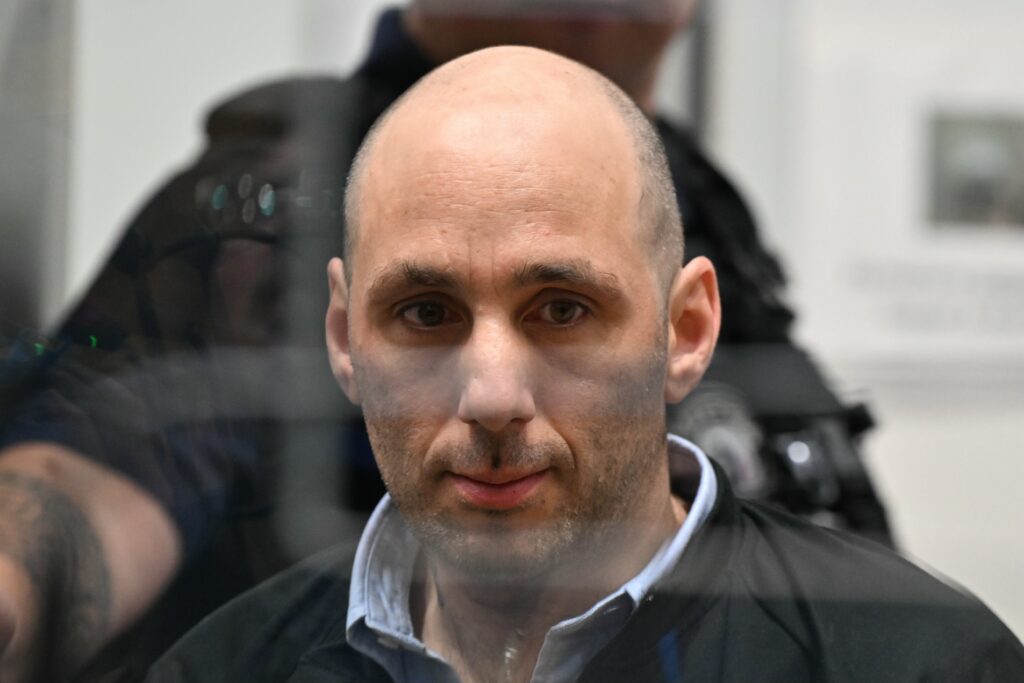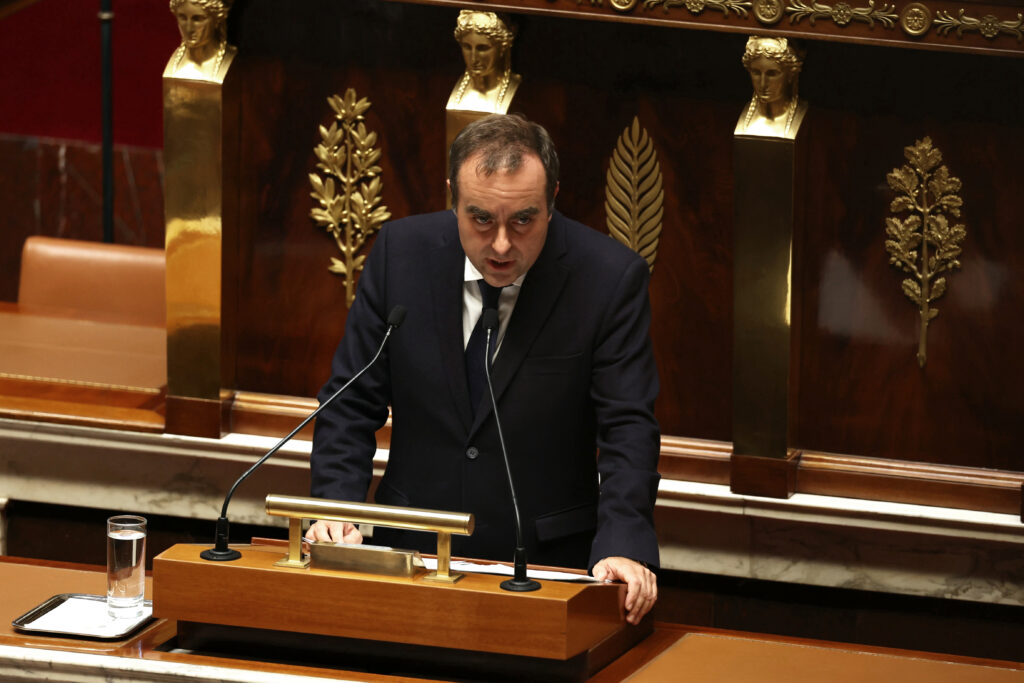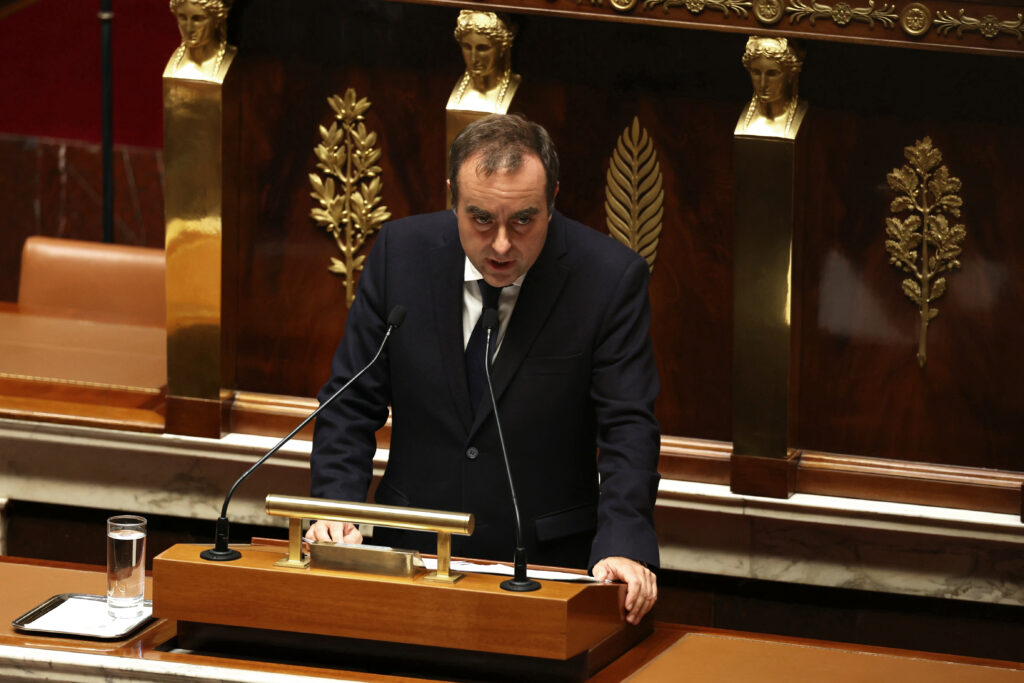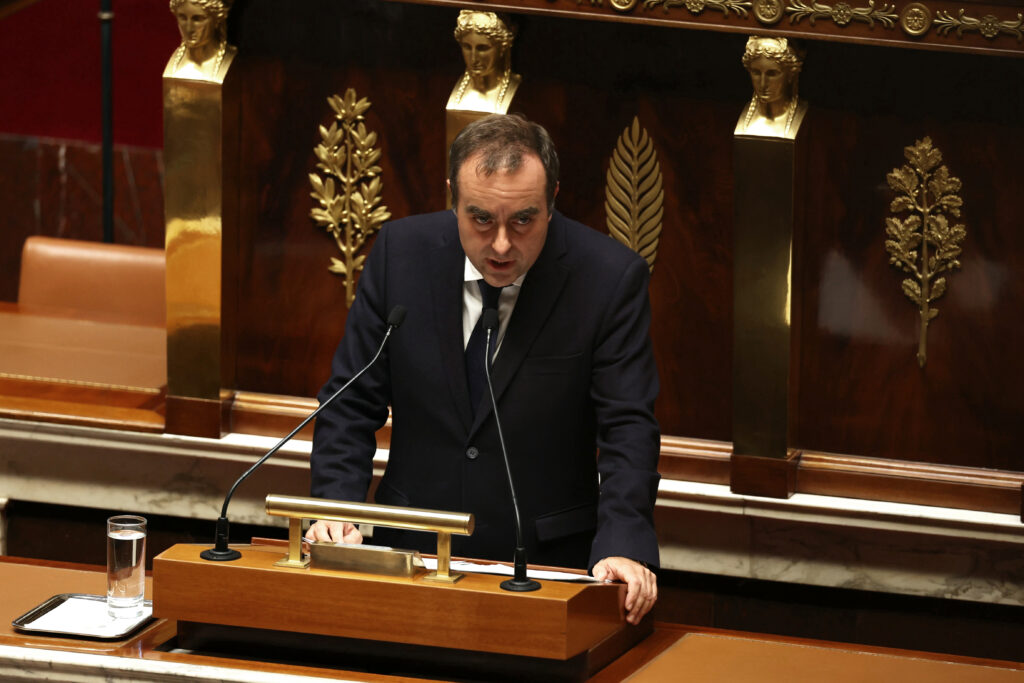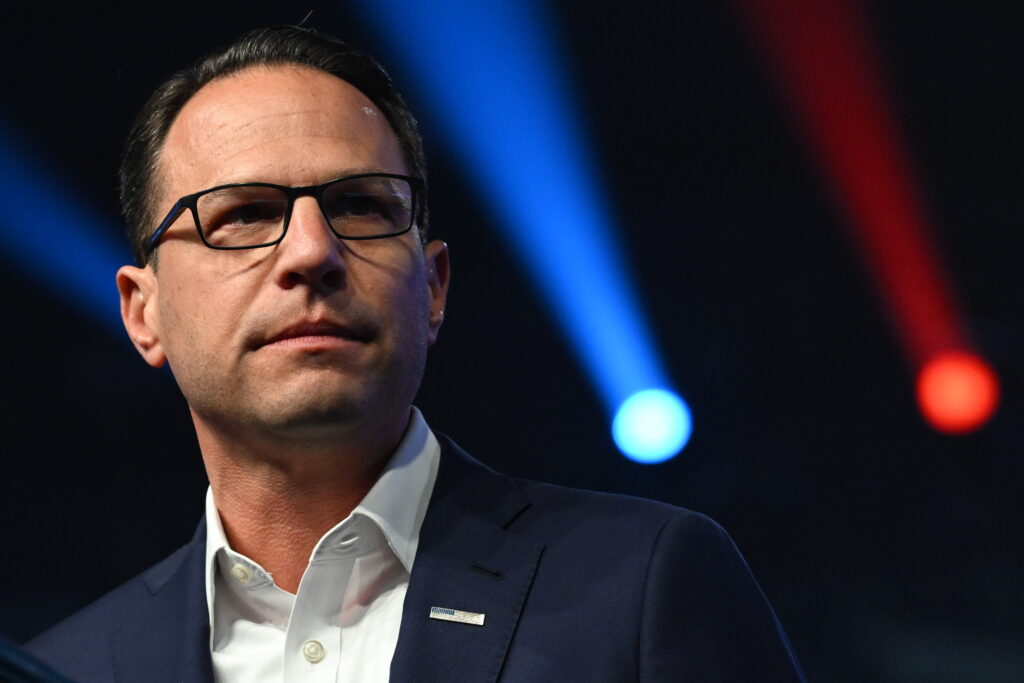Les parties civiles ont défendu mardi, au procès de Cédric Jubillar, une enquête “exhaustive” établissant un “paroxysme du féminicide”, tout en fustigeant une stratégie de la défense faite de “subterfuges cruels” pour la famille de Delphine, qui souffre depuis cinq ans d’une douleur “qui ne finit pas”.”L’absence, c’est cette douleur particulière, qui ne finit pas (…) c’est une plaie vive sur laquelle chaque jour, goutte à goutte, de l’acide se déverse”, a plaidé Laurent de Caunes, avocat des frères et soeur de Delphine, disparue à Cagnac-les-Mines (Tarn) dans la nuit du 15 au 16 décembre 2020 et que son mari est accusé d’avoir tuée.L’infirmière de nuit de 33 ans était une personnalité “hors du commun”, a dépeint Me de Caunes. “Il ne s’agit pas d’en faire une sainte”, a-t-il dit, mais “en termes allégoriques, c’était un ange, une personne entièrement tournée vers les autres” et qui “ne se plaignait jamais.””Pourquoi a-t-il fallu que cet ange rencontre, non pas un démon, mais une personnalité comme M. Jubillar, son exacte antithèse, (…) indifférent à tout ce qui n’est pas son plaisir?” – “Puzzle” -Le doyen des avocats des parties civiles a regretté à la barre les “subterfuges cruels” des avocats de la défense qui, alors que leur client a peu ou pas répondu aux questions, ont multiplié les attaques “sur des sujets particuliers qui n’affectent pas la vision d’ensemble de cette procédure”.”Est-ce une enquête orientée, superficielle ou malhonnête? Non”, avait plus tôt martelé Me Philippe Pressecq, qui représente une cousine de Delphine, faisant remarquer que la défense n’a demandé l’annulation d’aucun acte de procédure alors qu’elle en avait la possibilité.Au terme d’une enquête ayant bénéficié de “moyens technologiques et humains inédits”, “toutes les pièces s’assemblent pour former ce puzzle de la vérité, qui est que, ce soir-là, Cédric Jubillar a bien tué son épouse”, a souligné Me Pressecq, tandis que Me de Caunes a dénoncé un accusé “cynique et désinvolte” dont les aveux n’ont finalement aucune importance.”On s’en passe très bien”, a évacué cet habitué des cours d’assises, à propos du “leitmotiv” répété selon lui par la défense d’une affaire “sans corps, sans scène de crime, sans aveux”.En fin de matinée, Mourad Battikh, conseil de plusieurs cousins, oncles et tantes de Delphine, mais aussi depuis lundi de son amant qui a annoncé se constituer partie civile, avait invité les jurés à se projeter au coeur de la nuit du 16 décembre, reconstituée à partir du faisceau d’indices réunis contre M. Jubillar, autant de “caméras” et “d’angles de vue” démontrant le crime.De son débit rythmé et imagé, il a listé le témoignage de Louis, le fils du couple qui a évoqué une dispute entre ses parents ce soir-là, les lunettes “fracassées” de l’infirmière qui évoquent la violence, ou encore le téléphone de la disparue qui continue à borner près de son domicile le matin, écartant la thèse d’un rôdeur ou d’un départ volontaire.- “Paroxysme” -Pauline Rongier, l’avocate d’une amie de Delphine Jubillar, a quant à elle demandé aux jurés de trouver le “courage” de condamner l’accusé malgré l’absence de corps, car cette affaire constitue un “cas d’école”, voire un “paroxysme du féminicide”.”Isolement” de son épouse, dénigrement, “surveillance”, “violences sur les enfants”, Pauline Rongier a décrit la “chape de plomb, la prison dans laquelle était Delphine”, ce “contrôle coercitif” exercé par Cédric sur son épouse qui, selon elle, précède la plupart des féminicides.La mère de l’accusé Nadine Jubillar, qui s’est constituée partie civile, “n’a rien à gagner dans ce procès contre son fils”, a souligné son avocate Géraldine Vallat, affirmant que sa cliente sortirait “d’ici avec un verdict, une vérité judiciaire” pour pouvoir avancer.Les plaidoiries des parties civiles se poursuivront mercredi matin, suivies du réquisitoire des avocats généraux, avant les plaidoiries de la défense toute la journée de jeudi.Vendredi, la présidente donnera une dernière fois la parole à l’accusé. “Ca peut être l’occasion de vous libérer de cette chape que vous avez sur les épaules, pour vous, pour vos enfants”, lui a glissé Me Laurent Nakache-Haarfi, autre avocat des parties civiles. Puis la cour se retirera avant de rendre son verdict.
